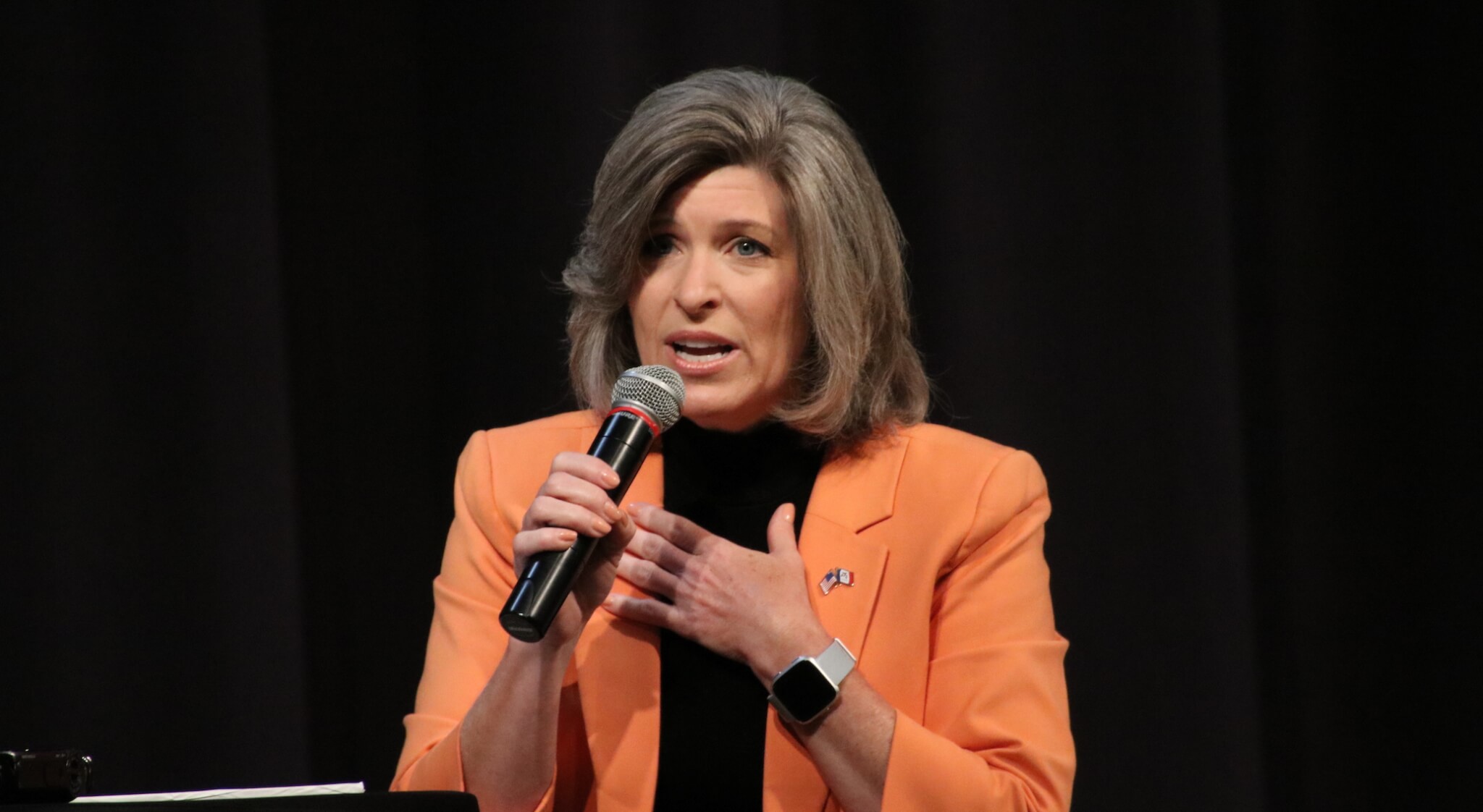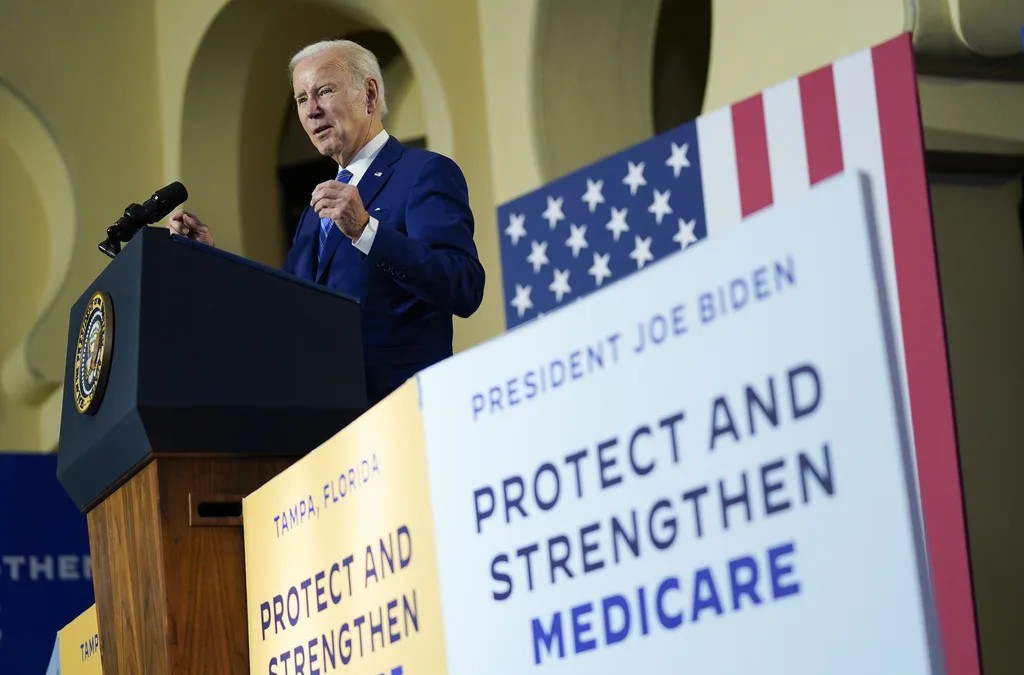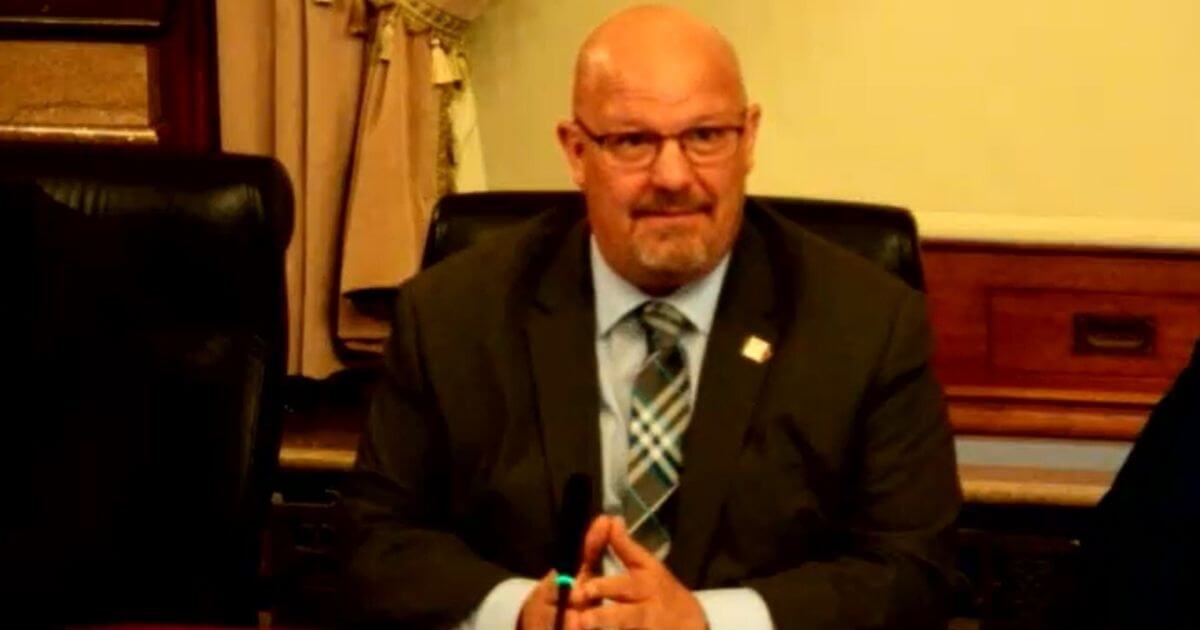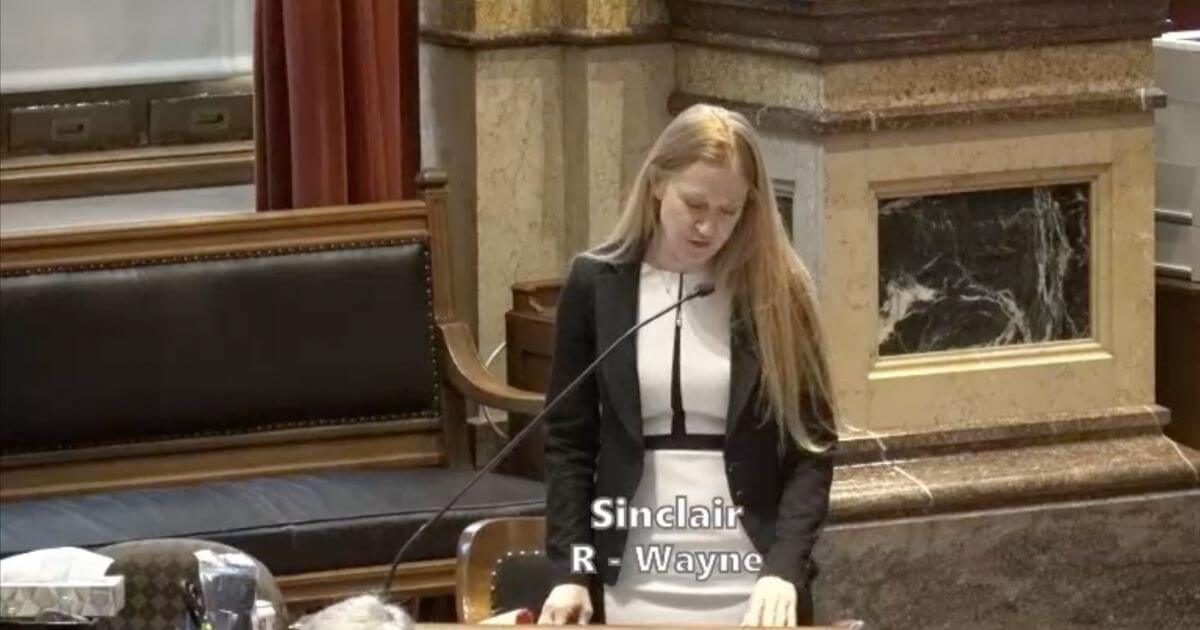
Photo by Julie Fleming
A major piece of legislation remains unresolved as U.S. lawmakers prepare for the second session of the 116th Congress, in large part due to Iowa Sen. Joni Ernst.
The Violence Against Women Act has lapsed and must be re-authorized in order to keep funds flowing to domestic violence organizations and those who investigate and prosecute violent crimes against women. A bipartisan bill passed the Democrat-controlled House of Representatives in April, but is a non-starter in the GOP-led Senate.
The so-called “boyfriend loophole” is a significant sticking point for Democrats and Republicans working to reauthorize VAWA, including for Ernst, who is leading her own bill in the Senate now that doesn’t include it. That’s led to Ernst facing accusations of pandering to the NRA.
“I had the experience of being in a relationship where guns were used as a form of control, or just kind of manipulation or intimidation,” said Nancy Gebhart, a Moms Demand Action volunteer from Ames. “I was able to get out of that situation and realize that not every woman is as fortunate as I am, and really wanting to dedicate a lot of my volunteer time and volunteer work toward helping women in abusive situations.”
[inline-ad id=”1″]
Gebhart was married to her abuser, an important distinction when discussing how gun laws affect Americans differently depending on whether they are married to their partner, living together or in a dating relationship.
“The background checks that are required would limit the ability of someone convicted of domestic abuse who had been in a married relationship, it would limit their ability to access a firearm,” Gebhart explained. “But the ‘boyfriend loophole’ is just that, if that conviction happened in a relationship where there wasn’t marriage or cohabitating, then that person is not restricted from purchasing a firearm.”
An Everytown for Gun Safety analysis of FBI data found from 2013-2017, 37 Iowa women were killed by intimate partners.
“Sixty-five percent of these homicides were committed by dating partners, making Iowa women nearly twice as likely to be killed by a dating partner than by a current or former spouse,” the report read.
[inline-ad id=”2″]
The National Rifle Association, the nation’s largest gun lobby, has targeted the boyfriend loophole provision in the House bill, arguing it is “too broad and ripe for abuse.”
Ernst has been broadly criticized for her lack of support for closing the boyfriend loophole.
“I think Sen. Ernst and the Republicans that are not supportive of (closing the boyfriend loophole) … it is just caving to the NRA and to their agenda,” Gebhart said. “Their entire goal is to sell more guns, and so even when there are things that could keep Americans safe, that the majority of Americans support, they work hard to advocate against it.”
[inline-ad id=”3″]
Under the House legislation, supported by Iowa’s three Democratic representatives, people convicted of stalking or dating violence could not possess a firearm.
Ernst and her Republican colleagues in the Senate view the provision as skirting “due process” and unlawfully stripping citizens of their 2nd Amendment rights.
It is the same argument she has used when confronted with questions about “red flag laws,” arguing the federal government would be given too much power in determining whether someone could own a gun.
Ernst’s reauthorization bill provides a 10% increase over the Democrats’ proposal in funding for shelters, hotlines and other resources for survivors; triples the support for rape prevention and education above current levels; increases penalties for female genital mutilation; and recognizes sex trafficking as a form of sexual assault.
[inline-ad id=”0″]
“The point should be making sure that we are authorizing these programs and the funding that will go to benefit survivors,” Ernst told reporters in November. “There’s a billion dollars on the line, folks. A billion dollars of funding that should go out to our shelters, to our hotlines, to those that are providing the support and resources to our families in their time of need.”
The proposal does not include new provisions for the LGBTQ community or restrictions on gun ownership for abusive partners, and rolls back protections for Native American women, which are part of the House bill.
Ernst’s version also appears to have less support in the Senate than the Democratic bill got in the House. Only 12 Republicans senators are current co-sponsors of Ernst’s version. There were 33 Republican votes for the Democratic bill in the House.
“People are supported by the services that are funded through the VAWA Act, and to not consider valid research, to not consider constituent voices overwhelmingly supportive of improving protections for women, that also improve protections for everyone, is so short-sighted,” Gebhart said.
[signup_form]
“Something as supported as this,” she said, of the closing the boyfriend loophole, “shouldn’t be what ends the discussion on reauthorizing and maintaining these services that are so crucial to all of our communities.”
Despite the partisan divide that often emerges when discussing gun laws, Gebhart stressed the importance of talking about the issues and finding common ground.
“That’s one thing that we do emphasize, is there is always common ground to be found when you’re talking about the issue of gun violence,” she said, “and that is that we all want to keep our families safe and that’s what binds us all together and that’s what motivates a lot of us to do the work that we do.”
Near the close of 2019, Moms Demand Action said, “There’s no question that 2020 will be the most pivotal year in the history of the gun safety movement.”
By Elizabeth Meyer
Posted 1/2/2020
Politics

Biden cancels student loan debt for 2,690 more Iowans
The Biden administration on Friday announced its cancellation of an additional $7.4 billion in student debt for 277,000 borrowers, including 2,690...

The Republican war on Medicare raises the stakes in 2024
Nearly 670,000 Iowans rely on Medicare benefits—benefits they spent decades paying into, with the promise that the program would be there for them...
Local News

No more Kum & Go? New owner Maverik of Utah retiring famous brand
Will Kum & Go have come and gone by next year? One new report claims that's the plan by the store's new owners. The Iowa-based convenience store...

Here’s a recap of the biggest headlines Iowa celebs made In 2023
For these famous Iowans, 2023 was a year of controversy, career highlights, and full-circle moments. Here’s how 2023 went for the following Iowans:...




